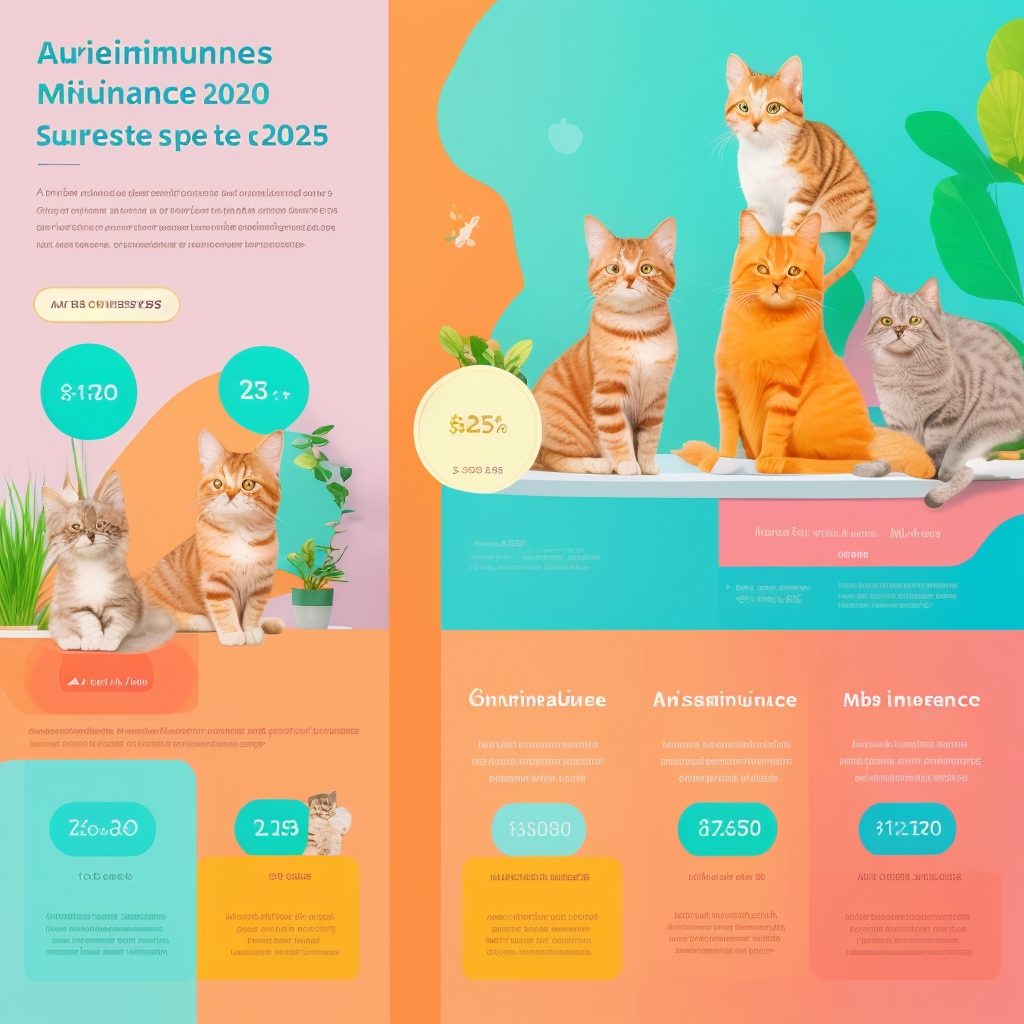Owning a cat can bring immense joy, but it also comes with responsibilities, especially regarding their health. Veterinary costs can quickly add up, particularly in cases of accidents, illnesses, or preventive care. This is where cat insurance comes in. This article explores why it’s a good idea to get insurance for your feline companion, analyzing the benefits, use cases, and key points to consider.
The Benefits of Cat Insurance
1. Financial Protection
One of the main benefits of cat insurance is the financial protection it offers. Vet bills can vary considerably, from a simple consultation to complex surgical procedures. For instance, an operation for a common illness like cystitis can cost anywhere from €300 to €2,000. Insurance helps cover some, or even all, of these costs, saving you from unexpected expenses.
2. Access to Healthcare
Getting insurance for your cat makes it easier to access necessary healthcare. With adequate coverage, you’ll be more inclined to consult a vet as soon as you notice a health issue, rather than hesitating due to the cost. This can contribute to early detection of illnesses, improving your pet’s chances of recovery and quality of life.
3. Preventive Care
Some cat insurance policies offer packages that include preventive care, such as vaccinations, parasite treatments, and annual health check-ups. These services can help reduce the risk of serious illnesses in the long term, which is a valuable added benefit for owners concerned about their pet’s health.
4. Peace of Mind
Knowing you’re covered in case of a health problem with your cat provides invaluable peace of mind. You can focus on your companion’s well-being without worrying about the financial implications of veterinary care.
Concrete Examples and Use Cases
Case 1: An Unexpected Illness
Marie, a cat owner, noticed her pet was having difficulty breathing. She quickly consulted a vet, who diagnosed pneumonia. The treatment costs, including medication and hospitalization, amounted to €1,500. Thanks to her insurance, Marie only had to pay €300 out of pocket, allowing her to focus on her cat’s recovery rather than the bills.
Case 2: An Accident
Paul, a cat lover, saw his cat get hit by a car. The vet recommended emergency surgery, costing €2,500. Having subscribed to insurance that covered 80% of the costs, Paul was able to have his cat operated on without hesitation, limiting his out-of-pocket expenses to €500.
Case 3: Disease Prevention
Sophie chose an insurance policy that covered preventive care. She was able to get her cat vaccinated every year at no extra cost and also benefited from an annual health check-up. Thanks to this, her vet detected a dental disease at an early stage, preventing costly and painful complications in the future.
Key Points and Best Practices
1. Choose the Right Insurance
There are many cat insurance options on the market. Compare coverage, exclusions, and reimbursement limits. Be sure to read customer reviews carefully to choose a reliable insurer.
2. Check Waiting Periods
Most insurance policies have waiting periods, which are times during which care is not covered after subscription. Find out about these periods so you’re not caught off guard in an emergency.
3. Assess Your Needs
Evaluate your cat’s health needs. If your pet is young and healthy, basic coverage might be enough. However, if your cat has a medical history or you want comprehensive coverage, consider a more extensive policy.
4. Consider Exclusions
Be aware of the specific exclusions in each contract. Some insurance policies don’t cover pre-existing conditions or dental care, for example. Make sure you understand what’s included in your contract.
5. Check Reimbursement Rates
Reimbursement rates vary from one insurer to another. Compare options to find the one that offers you the best value for money. A policy with a 90% reimbursement rate might seem attractive, but also check the monthly premiums.
Conclusion
Getting insurance for your cat is a wise decision that can save you from high veterinary bills and provide you with peace of mind regarding animal health. By examining the benefits, use cases, and following best practices, you’ll be able to choose the insurance that best suits your feline companion. Remember that your cat’s health is precious, and investing in insurance is an important step to ensure their long-term well-being.







